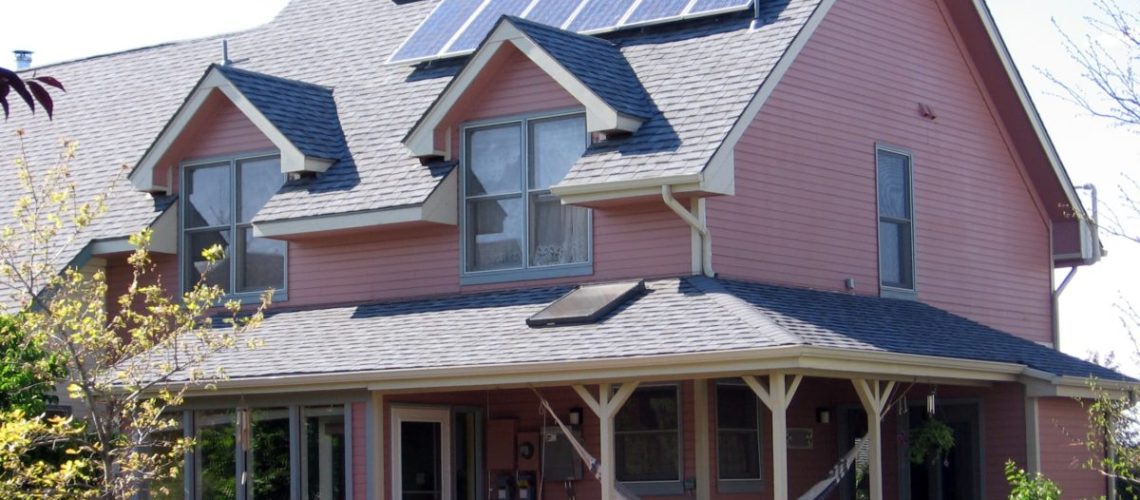The state Supreme Court overruled the Public Service Commission’s attempt to
change the longstanding net metering law, which would have reduced compensation for “customer-generators” from the full retail rate to the avoided cost rate.
The Wyoming Supreme Court has overturned the Wyoming Public Service Commission’s (PSC) approval of a change to net metering, which would have compensated excess solar electricity at a reduced rate known as the ‘avoided cost’ rate instead of the current full retail credit.
In August 2022, High Plains Power, a utility company, adjusted the compensation rate for solar net metering customers, referred to as “customer-generators.” The original policy stated:
If the energy supplied by the member/owner-generator exceeds that supplied by the Cooperative, the member/owner shall be billed for the appropriate billing period charges and credited for such net energy with the kilowatt-hour credit appearing on the bill for the following month.
However, High Plains sought to change this policy. The new language read: ‘The rate credited for electricity shall be the Cooperative’s avoided cost…payment for the excess electricity generated shall be calculated and reflected as a dollars and cents credit on the bill for the following billing period.’
The key difference, as noted by the court, is that a kilowatt-hour credit has a higher economic value than the avoided cost rate. Since this change contradicted existing legislation and financially harmed solar customers, the court ruled against it.
According to local reports, Wyoming’s legislature has considered changing the net metering laws multiple times but has repeatedly pulled back for various reasons. Minerals Committee Co-chair Rep. Donald Burkhart Jr. (R-Rawlins) reportedly invited a Texas coal lawyer to speak
against solar power, arguing that non-solar customers bear additional costs due to net metering.
However, an analysis of net metering in Wyoming suggests that solar customer-generators have increased electricity costs by a scant $0.001 per kWh.
The judges in the case noted that the plain reading of the law makes no mention of solar subsidies or non-participating customers being required to pay higher rates. They added that even if these claims were true, they would not justify changing the compensation in the way it was proposed. Some of the largest states in the U.S. have taken significant, yet varied, stances on net metering in recent years.
California’s recent, controversial transition from NEM 2.0 to NEM 3.0 significantly reduced the payback for solar-only systems, but it also spurred investment in pairing them with energy storage. Florida’s pro-business Governor DeSantis vetoed a bill that would have drastically
reduced net metering compensation. Meanwhile, Massachusetts, a leader in behind-the-meter solar, recently expanded and extended its net metering program by removing caps and maintaining 100% net metering for small-scale systems and 60% for commercial systems.




